No Taxation Without Representation - Magna Carta: Muse and Mentor
$ 10.99 · 4.7 (433) · In stock

Parliament decided for the first time to tax the colonists directly. One such tax, the 1765 Stamp Act required all printed documents used or created in the colonies to bear an embossed revenue stamp. Colonial assemblies denounced the law, claiming the tax was illegal on the grounds that they had no representation in Parliament.
:max_bytes(150000):strip_icc()/maxresdefault2-a4bf74cf1bf74519b4384a5ef76d8dd6.jpg)
Taxation Without Representation: What It Means and History

Taxation and Civil Liberties Movements II: Tax Revolts in the United Kingdom – Centre for Tax Laws
Riesenfeld Rare Books Blog: 2014
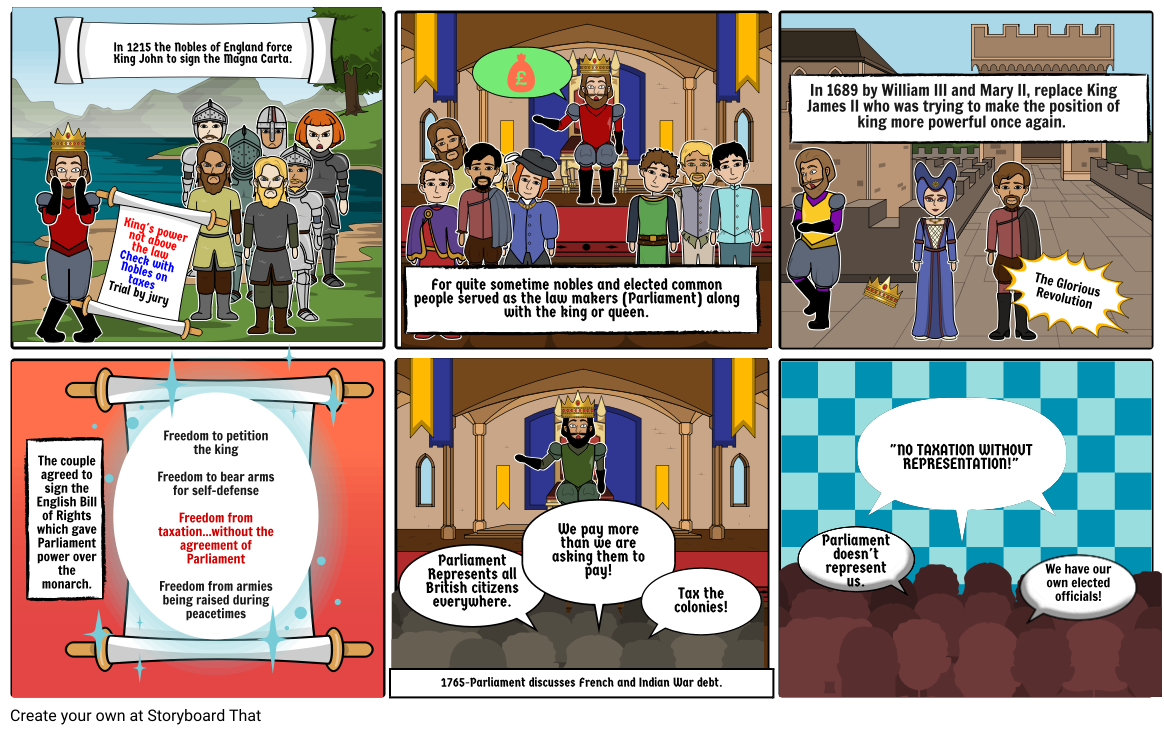
No Taxation Without Representation Explained
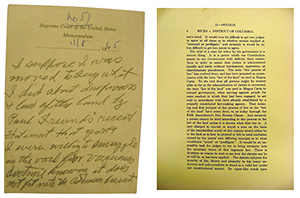
Magna Carta: The Sheer Force of an Idea
:max_bytes(150000):strip_icc()/GettyImages-102882509-05d5003cf5504da2aa02e4479b28a8d2.jpg)
Taxation Without Representation: What It Means and History
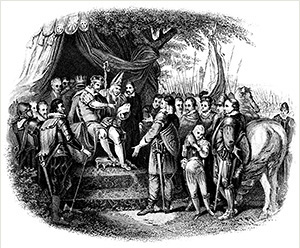
Magna Carta: The Sheer Force of an Idea
The Stamp and Quartering Acts: The Road to Independence, Part 5 The British Parliament passed two highly unpopular laws in 1765: the Stamp Act and the Quartering Act. Listen to today's

The patriotic American farmer J-n D-k-ns-n Esqr. Barrister at law

No Taxation Without Representation - Magna Carta: Muse and Mentor
Co-published by the Library of Congress and Thomson Reuters, Magna Carta: Muse & Mentor is an illustrated collection of essays by renowned legal
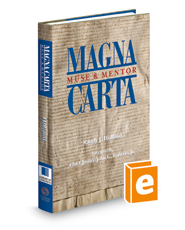
Magna Carta: Muse & Mentor
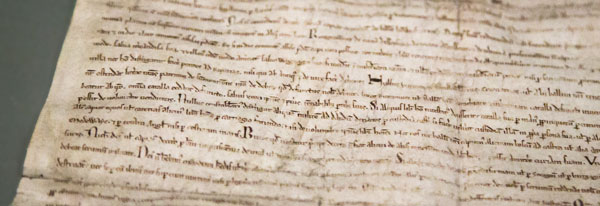
America's Magna Carta
:max_bytes(150000):strip_icc()/tax_without_representation.asp_Final-0d1cea03b29d4d88bd57e5bd002467d3.jpg)
Taxation Without Representation: What It Means and History
